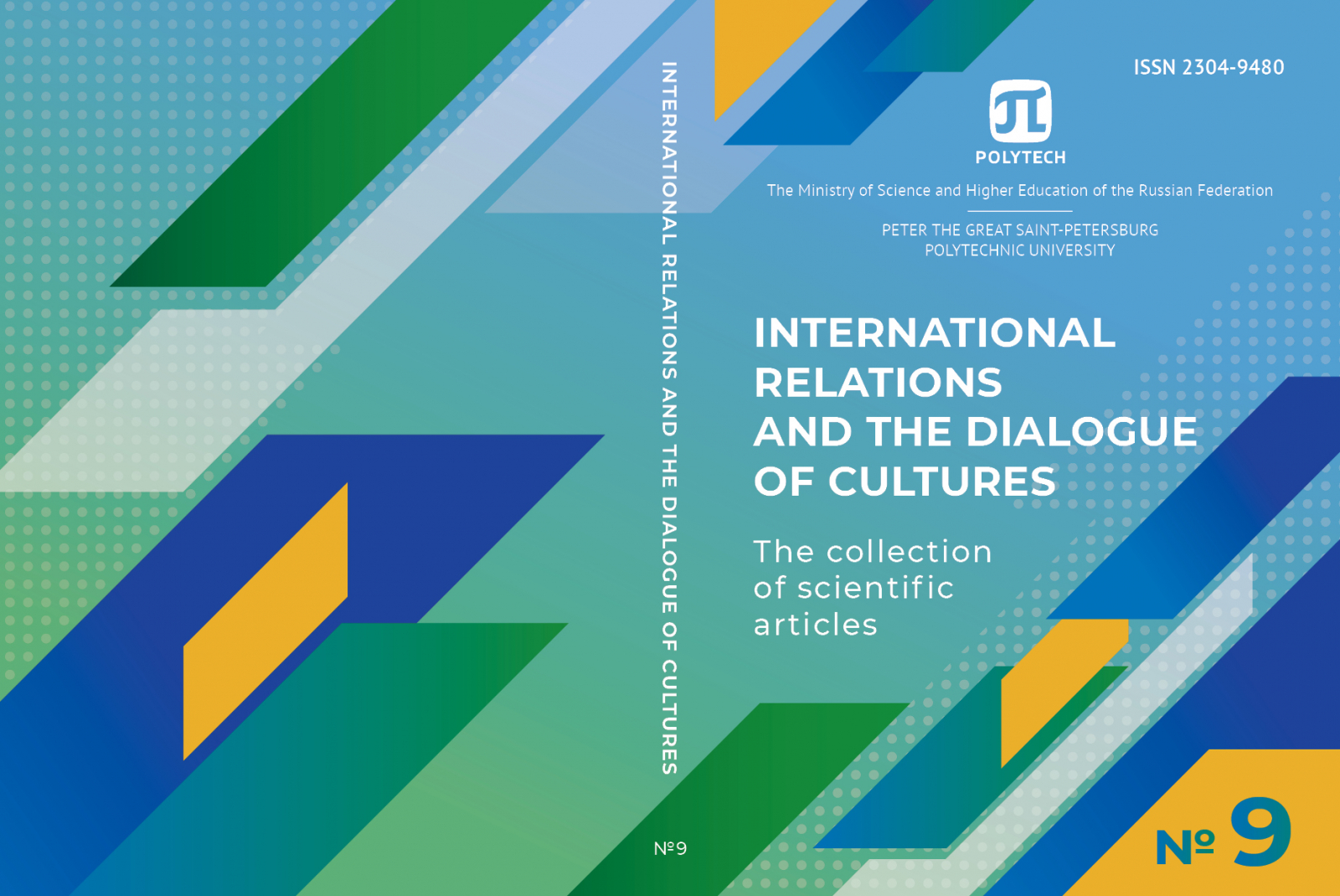THE ROLE OF INTERNATIONAL COOPERATION IN ENSURING FOOD SECURITY AT THE STATE LEVEL
The article describes the need for international cooperation to address the global food problem and emphasizes its importance on the global level. It is worth noting the multidimensionality and complexity of this problem for the global community. It has causes and consequences that go beyond purely issues related to the agricultural sector. Moreover, it is common for both to developed and developing countries, which ensures its relevance for the assessment of modern world political processes. The work deals specifically with interstate cooperation, as its scale allows the most complete implementation of projects aimed at improving the current situation at the regional and global levels, which reflects the relevance of this study. It also examines institutional mechanisms that ensure the implementation of cooperation between the states of the world, notes the predominant role of the UN and its subsidiary organizations in promoting food security and dealing with obstacles in this process. The latter are presented in the article by the example of growing popularity of biofuels, changing diet, desertification, the problem of food overproduction and insufficiently developed food logistics. Some of the peculiarities of interstate cooperation in the framework of regional blocks are also considered. The role of UN specialized agencies as the Food and Agriculture Organization of the United Nations and the World Food Programme should also be noted. International trade, which in different ways contributes to the strengthening of food security both locally and at the state and even regional level, is of partcular importance for solving the world food problem. An equally important factor in overcoming world hunger is the availability of targeted assistance programs to developing countries, such as the L'Aquila Initiative. As a scientific result, the UN has been identified as a non-alternative and effective tool for discussing and implementing joint programs and initiatives. This is confirmed both by the comprehensiveness of the Organization's approach and peculiarities of its work, status and effectiveness as a negotiating platform.


